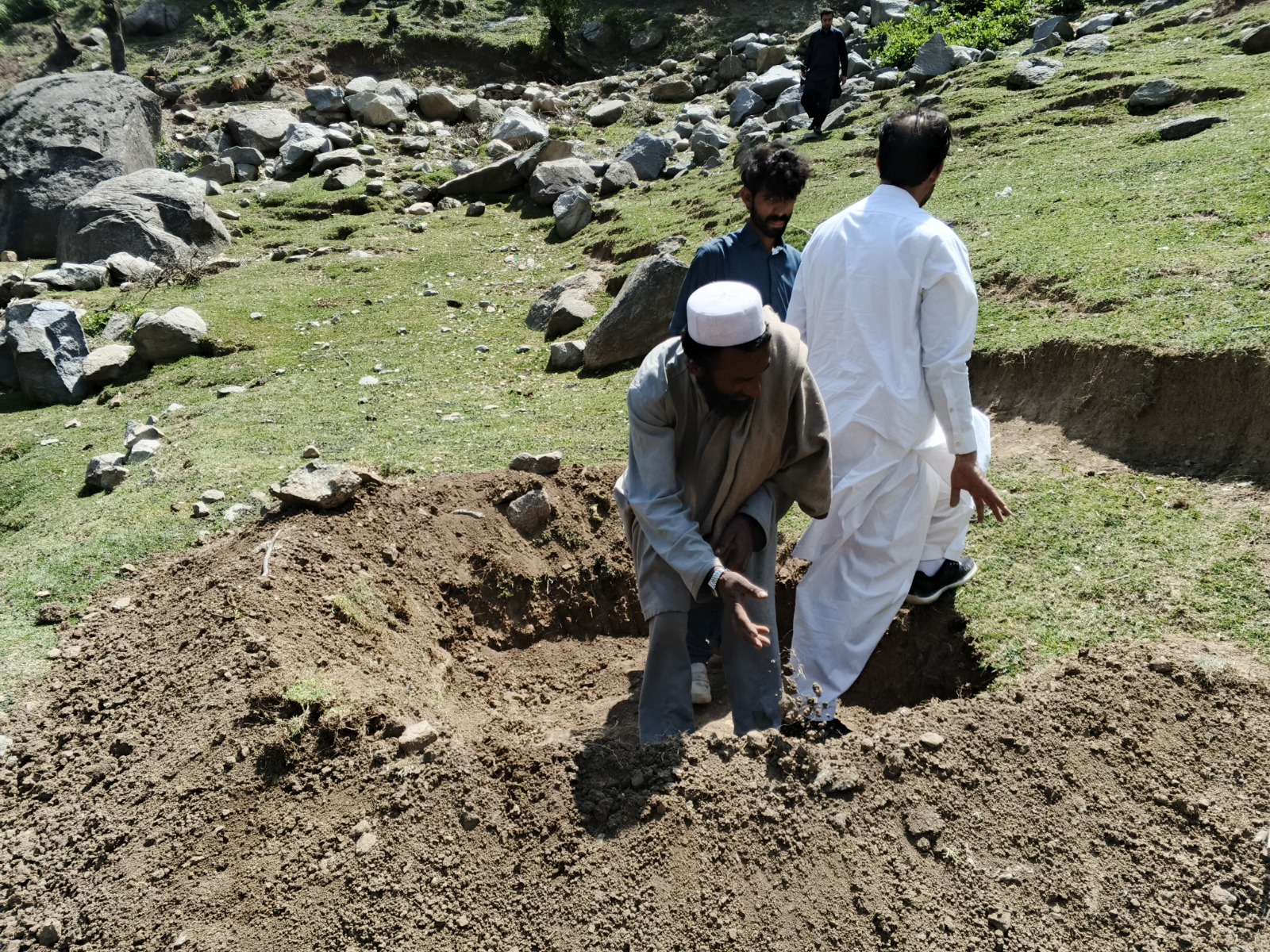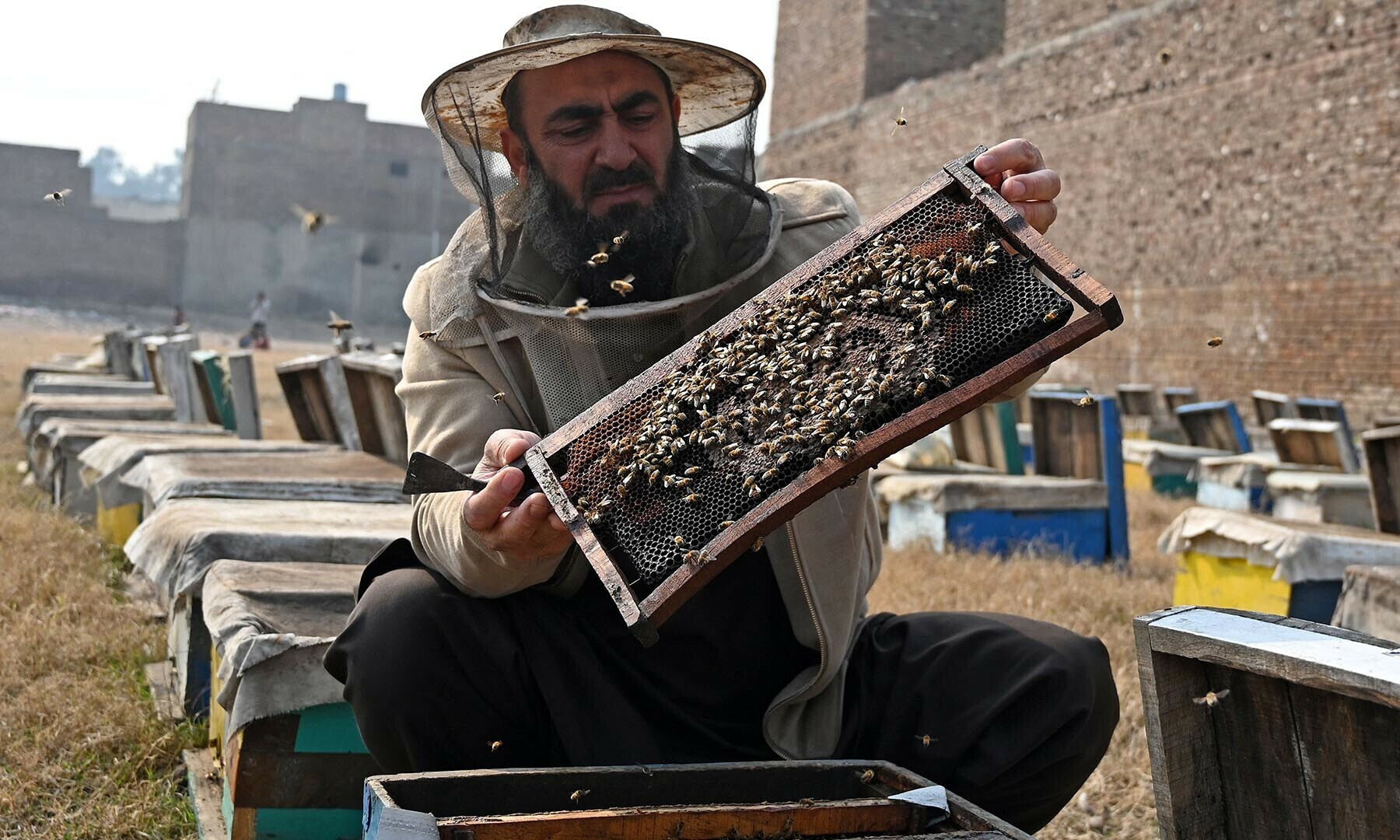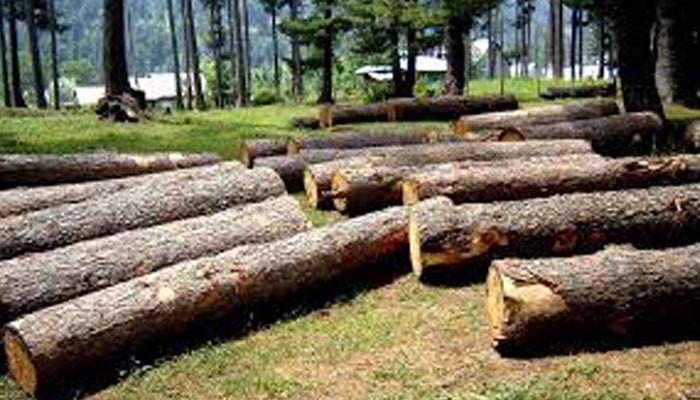By Adnan Bacha
In the mountainous region of Swat, northern Pakistan, local authorities have launched a community-driven initiative to construct hundreds of small water storage ponds aimed at mitigating the dual threats of water scarcity and climate-induced flooding. The project, which began in the remote tehsil of Bahrain, is part of a broader strategy to adapt to the intensifying effects of climate change in one of the country’s most environmentally vulnerable districts.
Swat has witnessed the severe impacts of extreme weather in recent years. Flash floods in 2010 and again in 2022 devastated large parts of the valley, displacing thousands and causing significant infrastructure damage. Now, in a proactive effort to build resilience, district and tehsil administrations—working closely with local communities—are digging small reservoirs and catchment pits across the region’s hillsides.
“We’ve adopted a comprehensive strategy to construct water ponds wherever feasible—on flat land or slopes,” said Junaid Aftab, Assistant Commissioner of Bahrain Tehsil. “These ponds are typically 10 feet long, 5 feet wide, and 2 to 3 feet deep, though sizes may vary depending on the terrain.”
The primary goal of the initiative is to conserve rainwater and recharge rapidly depleting groundwater reserves—a growing concern across much of Pakistan. “This is not just about conserving water,” Aftab added. “It’s also about mitigating the risks of climate disasters, especially flash floods, which have become more frequent and intense due to global warming.”
The project is a collaborative effort involving the Tehsil Municipal Administration (TMA), the Irrigation Department, and several civil society organizations. Officials envision the construction of thousands of such ponds, not only across Khyber Pakhtunkhwa but potentially expanding to other provinces.
Aftab also highlighted the region’s shifting climate. “Winters used to last six to seven months, but now summers are growing longer and snowfall has decreased by 20 to 30 percent. These changes are already disrupting the ecosystem and local livelihoods.”
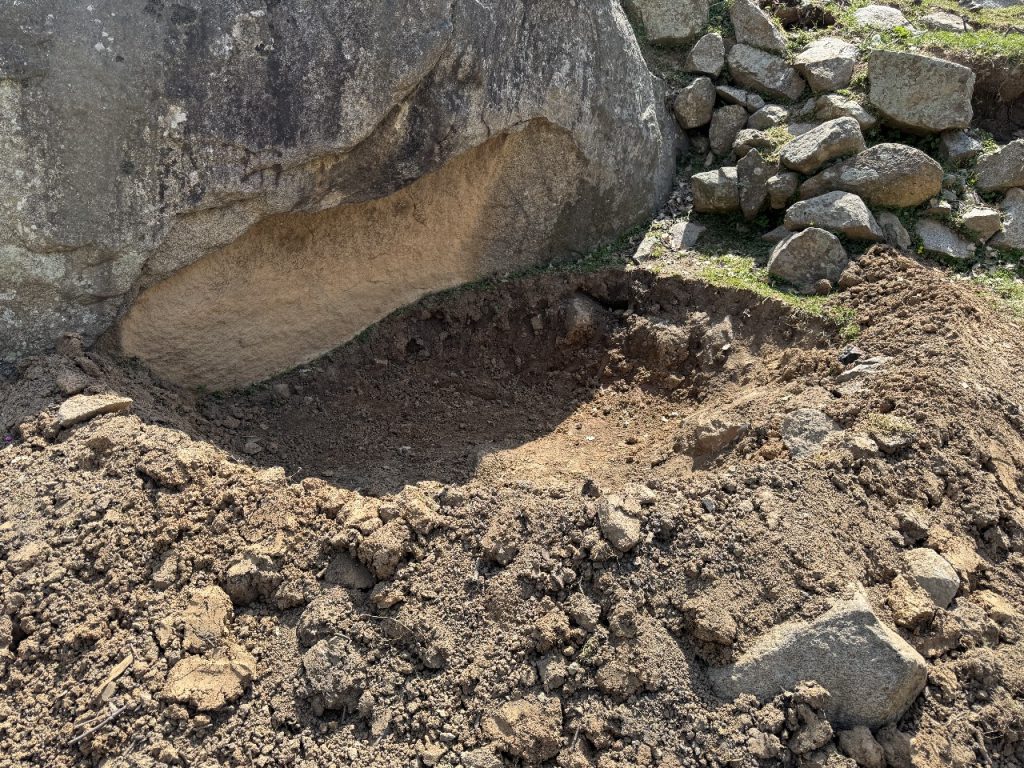
Beyond water storage, the ponds are expected to influence local microclimates. According to Aftab, evaporation from the ponds could increase humidity and potentially trigger rainfall, which might help restore snow patterns in the region’s upper elevations.
As of now, more than a dozen ponds have been completed in Bahrain, with an initial goal of 150. Authorities plan to scale up the project with increased community engagement in the coming months.
Local residents have welcomed the initiative. Shah Muhammad Khan, a lifelong resident of Bahrain, called the project a “long-overdue response” to the environmental degradation witnessed over the past decade.
“We were born in these mountains; we know the forests, the streams, and the seasons,” he said. “The floods of 2010 and 2022 were catastrophic. This is the first real step that feels effective and grounded in the realities we face.”
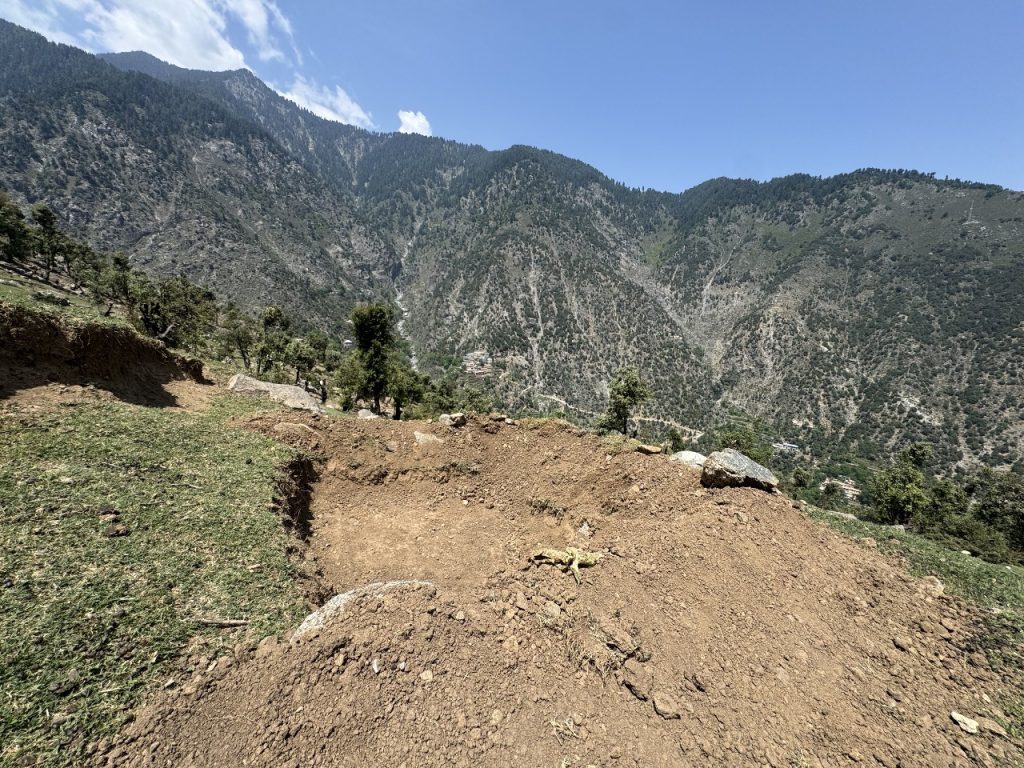
Khan noted unusual weather patterns this year, including snowfall during the rainy season and dry conditions during what should have been peak snow months. He also voiced concern over deforestation, which he said has accelerated soil erosion, landslides, and flash flooding.
“Unchecked construction and forest loss have disrupted the natural balance. If we don’t restore it, we’ll continue to pay the price,” he warned.
With this grassroots adaptation effort underway, local officials and residents are hopeful that water security can be improved, ecosystems restored, and the broader region better prepared for the growing impacts of a changing climate.
The author is Swat based journalist.

